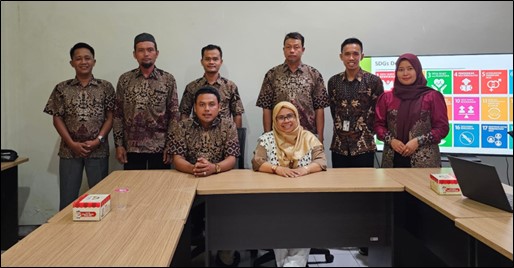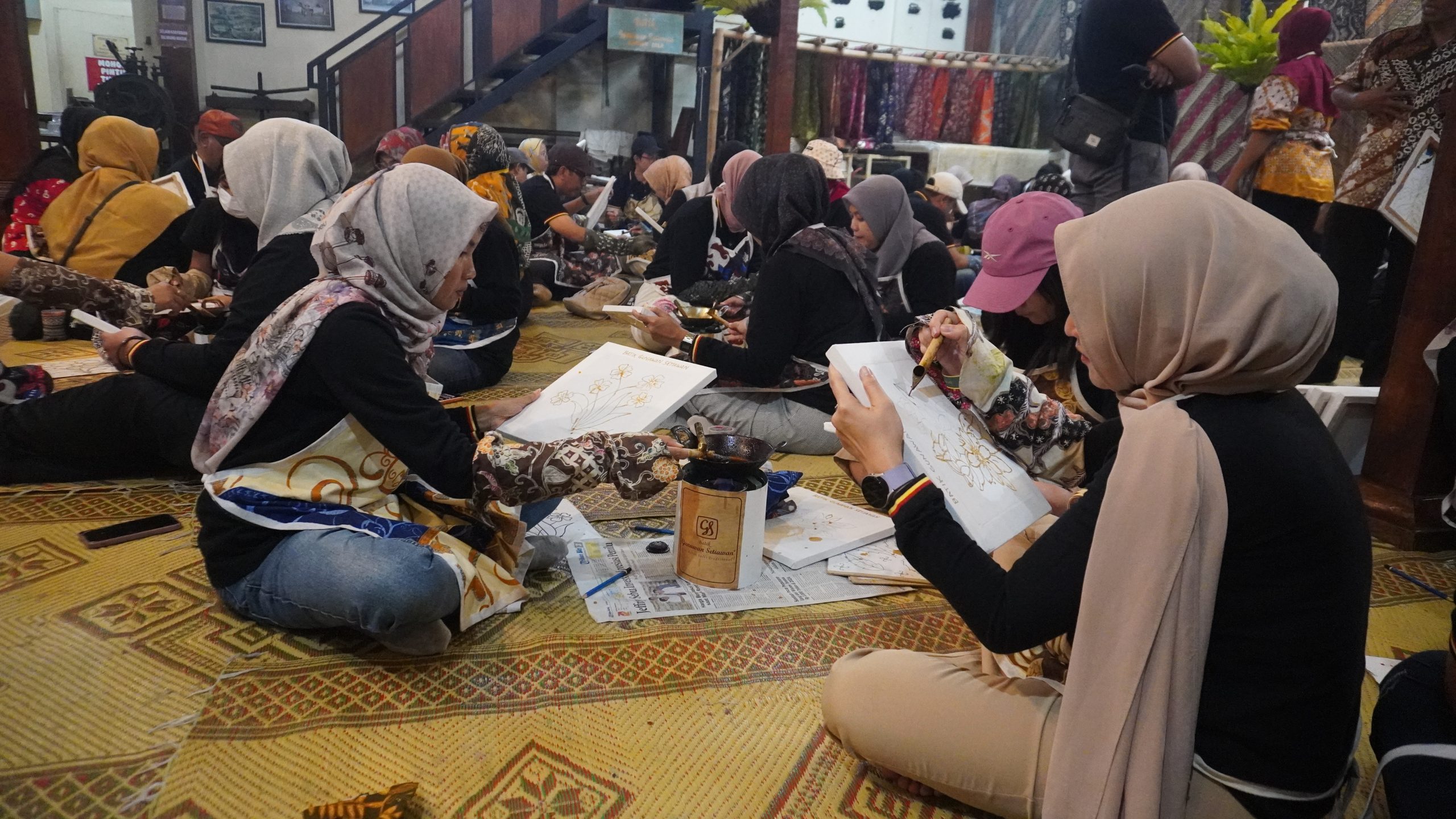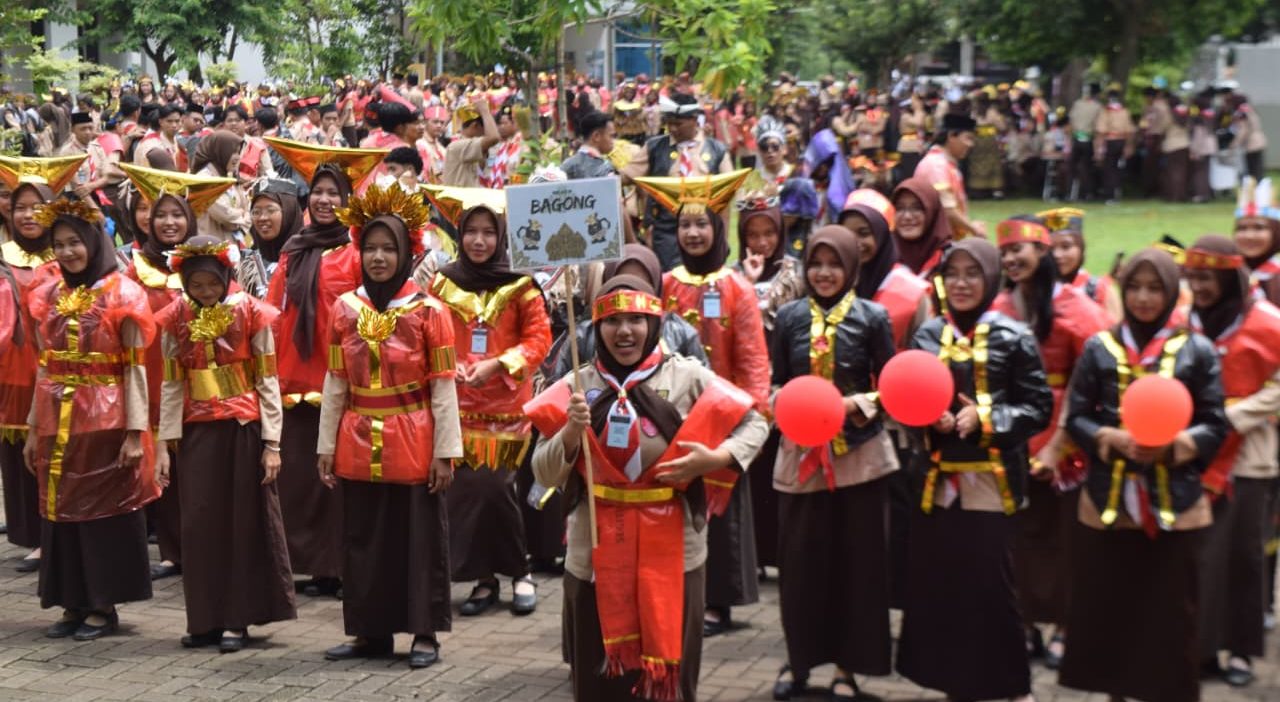To support the Sustainable Development Goals (SDGs) adopted by 193 member countries of the United Nations, the community service team from Universitas Negeri Semarang (UNNES) organized a significant socialization activity on SDGs-based village development planning for the officials and residents of Gadu Village, Sambong District, Blora Regency, on Friday (20/09/2024). The activity, held in the Faculty of Social and Political Sciences (FISIP) UNNES meeting room, aims to strengthen the community and village officials’ understanding of the importance of inclusive and sustainable development planning.
The Village SDGs are an important initiative to create villages capable of facing future challenges by utilizing local potential. This is in line with Ministerial Regulation Number 21 of 2020, which regulates the procedures for SDGs-based village development. In this context, UNNES is deeply committed to directly empowering rural communities through a better understanding of development planning, ensuring their confidence in the process.
This socialization activity is an initiative program by the head of community service, Moh. Aris Munandar, S.Sos., M.M., consists of Prof. Dr. Ngabiyanto, M.Si., Dr. sos. Puji Lestari, M.Si., Prof. Dr. Suyahmo M.Si., Yozi Aulia Rahman, S.E., M.Sc., and Ahmad Syahrul Fauzi, S.E., M.Sc. In the presentation session, the UNNES community service team explained the importance of the Village Medium-Term Development Plan (RPJM Desa) and how village funds can effectively achieve SDG goals.
The direct involvement of academics from universities in solving various community problems is necessary for us to implement the theories we have learned and provide development solutions, especially in rural areas,” stated Moh. Aris Munandar, S.Sos., M.M.
After the presentation, the activity continued with a crucial discussion session. The community and village officials directly engaged with the UNNES team, discussing the technical implementation and alignment of development programs in Gadu Village with the SDGs for villages. This discussion formulated collaboration between academics and the community in designing development plans that align with local needs and potentials, making everyone feel part of the process.
As a follow-up, the UNNES service team plans to provide online and offline assistance to the Gadu Village community so that they become better prepared and capable of developing more effective development plans. This support is expected to encourage the village to transform into a more inclusive and sustainable community, in line with the SDGs vision set by the government.
Through this initiative, UNNES not only plays a role as an educational institution but also as a strategic partner in village development, encouraging active participation from the community in creating a better future for their village.



